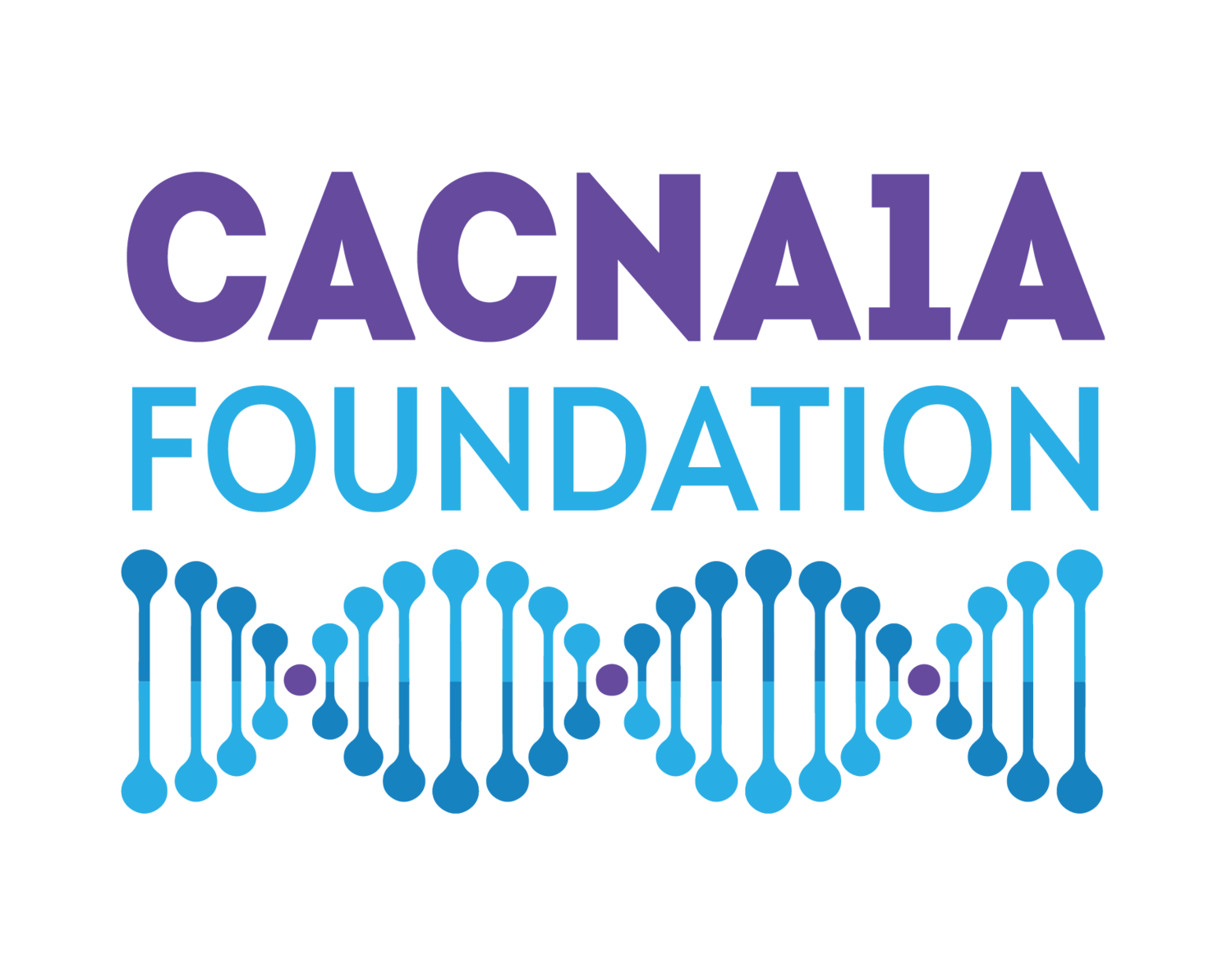The COVID-19 vaccine & CACNA1A
It’s been a LONG year, and sadly, the COVID-19 pandemic continues to rage in parts of the world. In the United States, almost 40% of our population is fully vaccinated. Cities and towns are starting to lift restrictions, and we are beginning to see the light at the end of the tunnel. As a rare disease community, we should be relieved, yet this step brings with it increased anxiety and challenges. We are eager to see our friends and families, yet there is a need to balance security with socialization. We know we need to get back to some sense of normalcy. After all, the pandemic has negatively affected mental health: stress, anxiety, and loneliness due to social isolation are issues we have all dealt with this year on some level. Families have lost access to vital resources such as physical, occupational, and speech therapies, professional caregiving hours have been reduced, children are still not in school full time, and many have experienced delays in routine care management due to the high risk of exposure to COVID-19 in their communities.
As patients and parents of children with rare diseases, we worry about the significant health challenges that could be exacerbated by COVID-19. As a result, in February the CACNA1A Foundation joined 74 other advocacy groups, healthcare providers and biotech companies urging state leaders to update their state’s COVID-19 vaccine prioritization efforts to include those with rare diseases and their caregivers. You can read the letter here.
With the recent approval by the FDA of the Pfizer-BioNTech COVID-19 vaccine for children aged 12 - 15, many families are wondering if they should vaccinate their children. The CDC is recommending the vaccine for this age group. As an organization, we support vaccinations. However, we also recognize there isn't enough information available yet for everyone to make that choice comfortably and therefore recommend each family consult with their physician(s). The reality is that until there are major changes in the world, our choice is the vaccine or COVID-19.
My daughter, who is 23, received the vaccine back in February. She had a low-grade fever for two days following her second vaccine and, of course, I was nervous. I slept in her room in case the fever provoked a seizure, but it did not. She is now able to go out into the community and safely see her friends. She is one happy girl!
Recently, on the CACNA1A/Cav2.1 & Co. Facebook Group, there was a thread addressing the safety of the vaccine for children. As expected, there were various opinions, but it seems that the children who have been vaccinated have had reactions like those of the general population, namely, sore arms, a low-grade fever and fatigue.
Many CACNA1A patients have a diagnosis of Dravet Syndrome. (DS). The Dravet Foundation is urging their population to get the vaccine, noting that while fever was more common after SARS-CoV-2 vaccination in people with DS, compared to that reported in the general population, the majority of people with DS had no change in seizure frequency (7/8; 88%), or seizure duration (8/8; 100%) after SARS-CoV-2 vaccination, even in the presence of fever. (https://www.dravetfoundation.org/?s=covid+vaccine)
According to the National Epilepsy Foundation, “As with adults with epilepsy, at this time there is no evidence that children with seizures alone (no other compromising risk factors) are at higher risk for vaccination adverse events than anyone else in this age group. Therefore, we encourage that children with epilepsy in this age range who are otherwise eligible should also get vaccinated against COVID-19.” (https://www.epilepsy.com/learn/covid-19-and-epilepsy/covid-19-vaccination)
Finally, The National Ataxia Foundation has stated that “Ataxia patients are at a high risk for respiratory complications, and it is therefore recommended that they receive the COVID-19 vaccination after discussion with their physician.” (https://www.ataxia.org/coronavirus-precautions-for-ataxia-patients/)
If you have any questions, Children’s Hospital of Philadelphia answers many of them on this very comprehensive page - https://www.chop.edu/centers-programs/vaccine-education-center/making-vaccines/prevent-covid.
If you have any questions or concerns about you or your child getting the COVID-19 vaccine, we encourage you to speak with your doctor.
